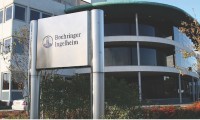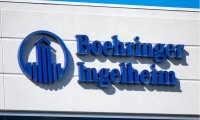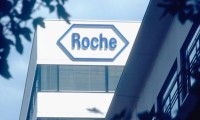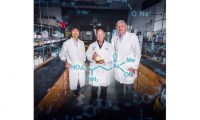-
FDA approves Skyline Therapeutics’ IND for macular degeneration trial
- Source: drugdu
- 109
- July 6, 2023
-
Labcorp forms spin-off of Fortrea
- Source: drugdu
- 111
- July 6, 2023
-
Boehringer’s spesolimab shows promise in generalised pustular psoriasis prevention
- Source: drugdu
- 195
- July 6, 2023
-
first interchangeable biosimilar to Humira rolls out across US
- Source: drugdu
- 131
- July 5, 2023
-
Zealand Pharma submits NDA for hyperinsulinism drug dasiglucagon
- Source: drugdu
- 112
- July 5, 2023
-
Roche’s Evrysdi shows continued improvement in children with spinal muscular atrophy
- Source: drugdu
- 110
- July 5, 2023
-
Australia authorizes MDMA, magic mushrooms for medical treatment
- Source: drugdu
- 110
- July 4, 2023
-
Researchers discover new weapon against antibiotic resistance—it also fights malaria
- Source: drugdu
- 115
- July 4, 2023
-
BioMarin Wins FDA Approval for First Gene Therapy for Hemophilia A
- Source: drugdu
- 105
- July 4, 2023
-
The first fully A.I.-generated drug enters clinical trials in human patients
- Source: drugdu
- 176
- July 3, 2023
your submission has already been received.
OK
Subscribe
Please enter a valid Email address!
Submit
The most relevant industry news & insight will be sent to you every two weeks.













